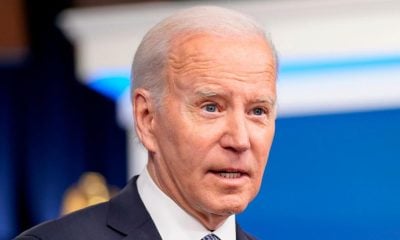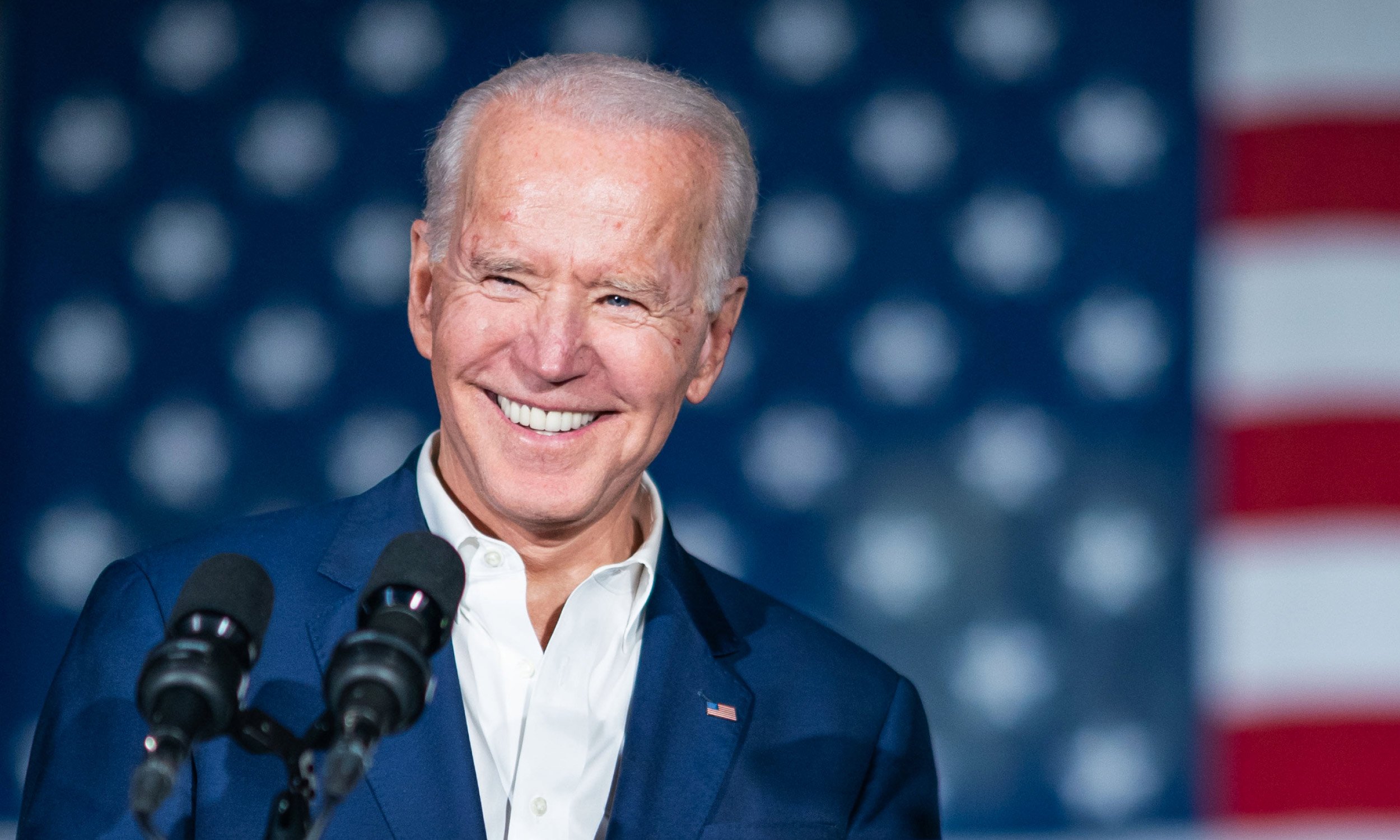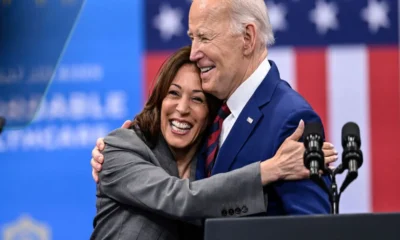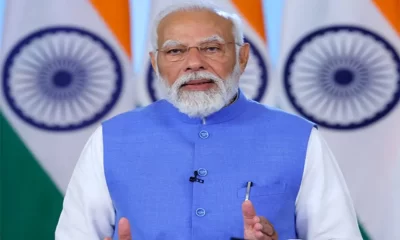This is the third time in the last few months that US President Joe Biden’s comments on Taiwan have stirred controversy. Biden on Monday indicated that it would assist Taiwan with military defences and forces if China ever tries to invade and take over the self-ruled island.
Biden, who joined Japan’s Prime Minister Fumio Kishida in a news conference in Tokyo, said it is the commitment the country has earlier made to protect Taiwan from a Chinese attack.
The White House promptly played down his remarks, claiming that he did not indicate a change in US policy. It’s the third time in recent months that Biden has claimed that the US would defend Taiwan against a Chinese invasion, only for the White House to retract those words.
Why is the US helping Taiwan against Chinese attacks?
The United States has soldiers deployed in Taiwan to provide military security in order to safeguard Taiwan’s development and turn the crisis into peace. This pact is multi-purpose in nature, encompassing political, military, economic, and social welfare. The Taiwan Ties Act of 1979 governs US-Taiwan relations and specifies the US commitment to assist Taiwan in maintaining its armed security.
Read Also: Gyanvapi masjid case: Varanasi court to continue hearing on May 26, allows Muslim, Hindu parties to file objections to video survey
Why is Biden’s statement about deploying military forces in Taiwan making the White House defend his words?
People are arguing that Biden’s statement about deploying military forces to Taiwan to back the self-ruled island from Chinese attacks is against the One China policy. According to a White House official, Biden was not articulating a shift in US policy toward Taiwan, a self-governing island that China considers a renegade province that should be reunified with the mainland.
What is the One China policy?
The United States’ policy of One China has been in place for a long time and is the foundation of its relationship with Beijing. As a result of the policy, the US broke official diplomatic connections with the Republic of China (ROC) in Taiwan and built relations with the People’s Republic of China (PRC) in Beijing.
On January 1, 1979, the People’s Republic of China and the United States of America agreed to join each other and establish diplomatic relations. According to the policy, the US recognizes the People’s Republic of China as China’s sole legal government. And the people of the United States will preserve cultural, commercial, and other informal ties with the people of Taiwan in this environment.
More elements are included in the One China Policy, such as the US goal of a peaceful cross-Strait dispute settlement mechanism and its distinct perception of Taiwan’s legal position from Beijing’s.
Was there ever a two Chinas system?
The Republic of China shifted its capital to Taipei, Taiwan, after communist forces won the Chinese civil war in 1949, after a two-decade struggle. Beijing was designated as the capital of the People’s Republic of China.
Read Also: Rahul Gandhi says there is nothing Hindu in Hindu nationalism if they want to murder and beat people
Both governments claimed to represent China as a whole, although only a few people recognized the PRC at the time. The PRC did not gain entry to the UN until 1971 when Resolution 2758 ousted the ROC as the official representative of China. Until 1979, the United States failed to acknowledge the PRC.
Is Biden really shifting from the One China policy?
Speaking at a news conference about the One China policy, Biden said that even though there is only one legal government in China but that doesn’t mean that the jurisdiction can go ahead and use force to take over Taiwan as it will dislocate the entire region.
One of the reasons, he stated, is that Russia will have to pay a heavy price for its invasion of Ukraine. Despite the fact that the US is significantly arming Ukraine’s military and giving intelligence support, Biden has stated that he will not send soldiers to fight against Russian forces. This might result in a nuclear-armed world war.
The Biden government, on the other hand, has criticized Beijing for its military aggression towards Taiwan, which includes flying jets inside the island’s air defence zone. Despite the crisis in Ukraine, Biden’s five-day journey to Asia was intended to send a message that he is still paying attention to the region.
With this move, is Biden making the world wonder about his stance on Taiwan?
Congress forms panel for 2024 polls, 2 Congress rebels back in panel, Prashant Kishor’s ex-associate to lead party’s poll campaign
Punjab CM Bhagwant Mann sacks health minister Vijay Singla over complaints of corruption, Singla arrested


 India News15 hours ago
India News15 hours ago
 India News15 hours ago
India News15 hours ago
 India News5 hours ago
India News5 hours ago
 Cricket news5 hours ago
Cricket news5 hours ago
 India News4 hours ago
India News4 hours ago














